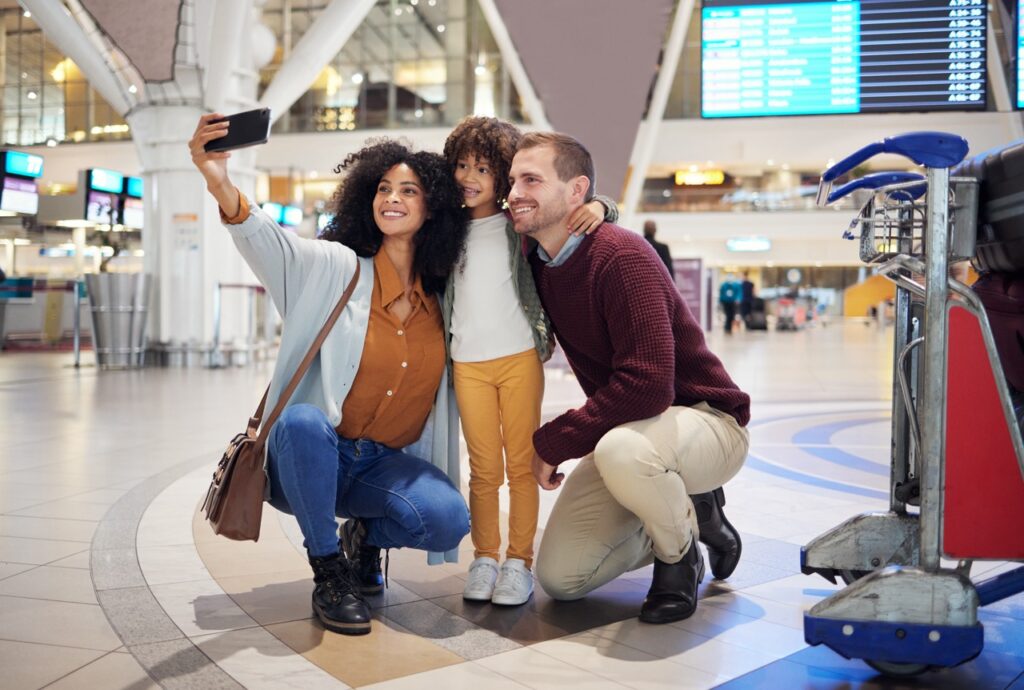As we enter the New Year, thoughts of future getaways are bubbling to the surface for many – “This time next week we’ll be by the pool” or perhaps enjoying a steaming hot chocolate after a day on the slopes. These moments of anticipation, and their counterparts in nostalgia (“This time last week we were…”), reveal just how integral holidays are to our lives. Capitalising on this emotional connection is key, particularly as we look to 2025, a year expected to bring new trends and challenges in how people prioritise and plan their time away.
In a recent survey we did for our client Leeds Bradford Airport when the cost-of-living crisis starts to bite, the last thing we will save money or cut out is the annual trip away. While 40 per cent of consumers plan to save on dining out, only 10 per cent are willing to reduce long holidays, proving travel remained a top priority for 2024 (RSM Consumer Outlook 2024). For most of us it’s to the sun to escape the dreary British summer but it could easily be skiing, a trip to the caravan or a week down in Cornwall or Devon.

So, even with economic pressures, travel remains a top priority. The annual trip is sacred, offering not just a change of scenery but a cherished opportunity to recalibrate and bond with loved ones.
But travel is not without its stresses. Research by First Choice found that 41 per cent of Brits consider holiday planning one of life’s most stressful decisions. From deciding on a destination to navigating airport security, the journey can feel fraught with potential pitfalls. Even minor inconveniences—like losing luggage space or wrangling with unfamiliar booking systems—can turn pre-holiday excitement into frustration. Add kids into the mix, and the pressure skyrockets. For the travel industry, addressing these pain points is not just good customer service; it’s a business imperative.
This is where empathy comes in. Recognising that most travellers aren’t seasoned globetrotters can inform every aspect of marketing and service design. Clear, proactive communication is critical. For example, websites can offer step-by-step guides to planning, packing, and navigating travel’s trickier aspects. Airlines and travel agencies could incorporate tools that calculate hidden costs upfront, easing the common worry of overspending. A 2024 Post Office report revealed that 73 per cent of families overspent on their last holiday by an average of £312, demonstrating how transparency and financial guidance could be game-changers.
Another essential focus is helping travellers ease into “holiday mode” faster. Research by Premier Inn found that most adults take two days to fully unwind. Advertising campaigns, like TUI’s portrayal of a grumpy dad transforming into his cheerful self, cleverly highlight this phenomenon. However, the industry can go further by offering personalised tips for travellers—perhaps an email before departure suggesting the best local eateries, activities, or relaxation techniques tailored to the destination.

On the ground, the importance of exceptional staff cannot be overstated. Leeds Bradford Airport’s regeneration project demonstrates how investments in infrastructure can complement excellent customer service to reduce travel stress. Friendly, well-informed personnel help travellers navigate unfamiliar territory, while clear signage and user-friendly interfaces create a smoother experience. For families, features like child-friendly lounges or pre-packed “holiday starter kits” could help frazzled parents settle in more quickly.
Ultimately, the message for the travel industry is clear: marketing should go beyond selling the dream of the destination. It must address the reality of getting there—and back—with sensitivity and practicality.
Campaigns that highlight stress-reducing features, coupled with a genuine understanding of what holidaymakers need, will resonate deeply with an audience looking forward to their escape. By bridging the gap between anticipation and relaxation, the industry can ensure that travellers’ “this time next week” moments are filled with joy, not stress.










